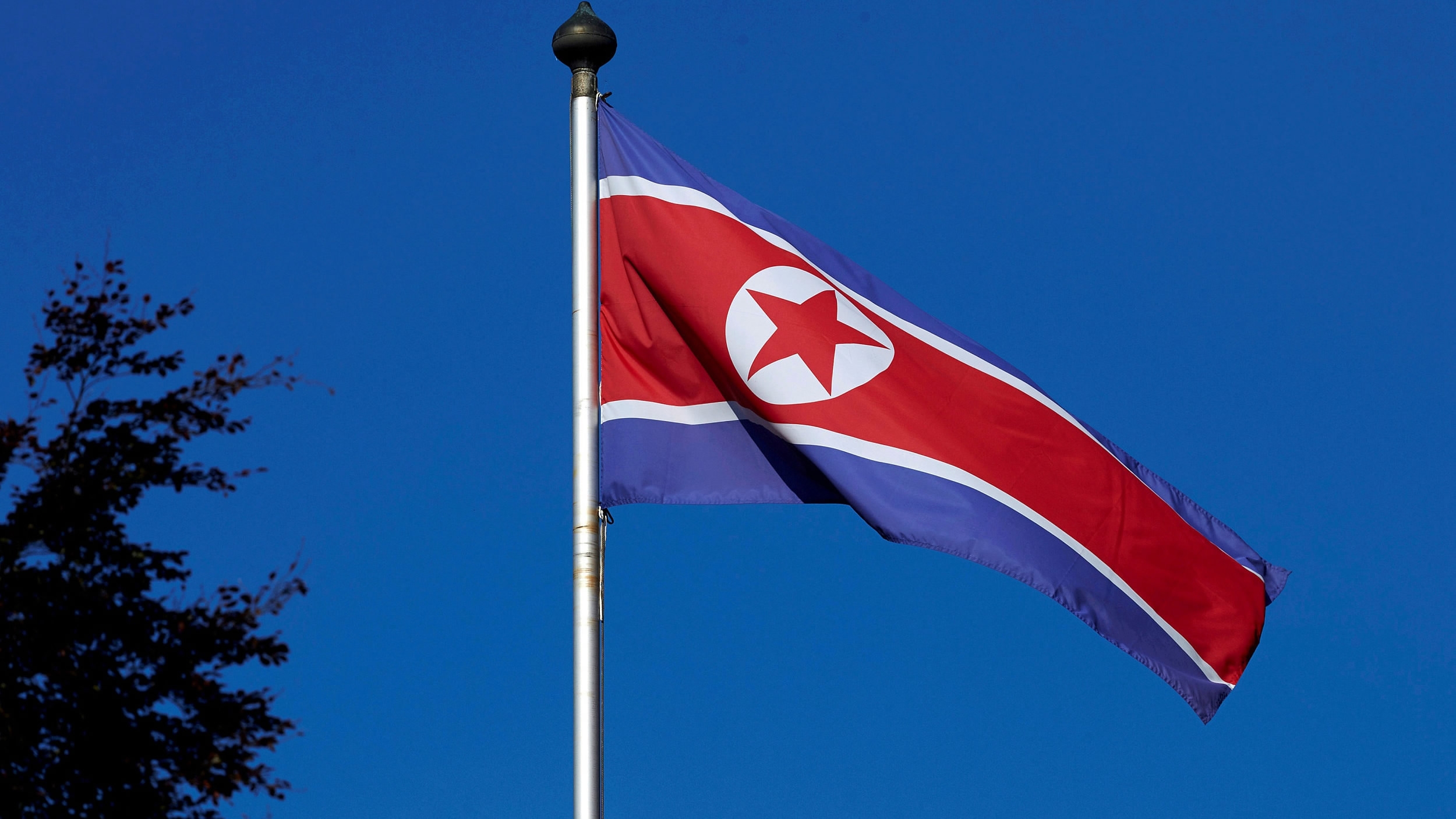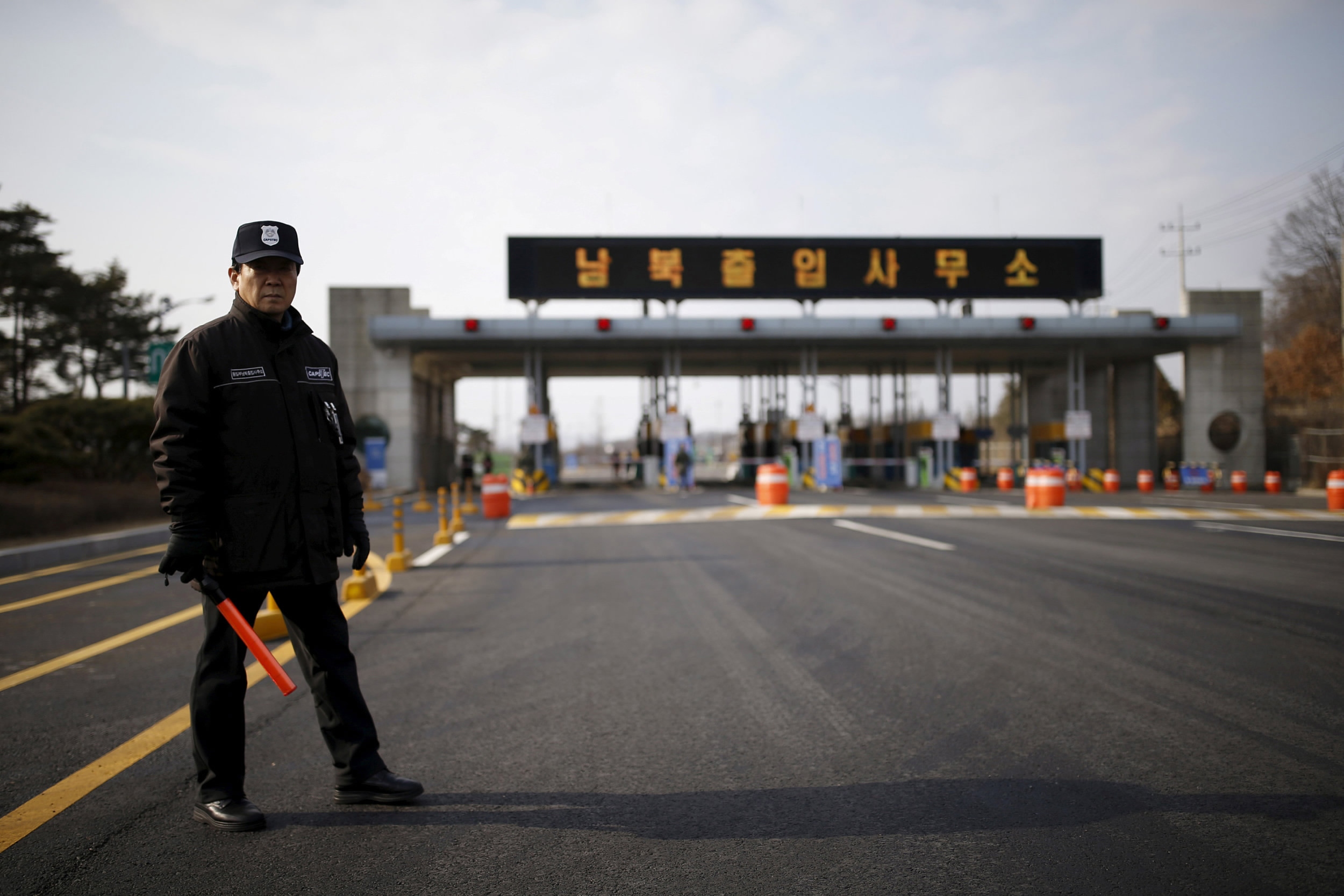
Politics
14:03, 21-Jul-2017
DPRK economy 3.9% up in 2016, fastest pace since 1999: S. Korea

DPRK's economy grew at 3.9 percent last year, the fastest pace since 1999, despite the country facing international sanctions amid its attempt in pursuing nuclear weapons, South Korea's central bank said on Friday.
The expansion, driven by mining and energy, marked the biggest rise since a 6.1 percent gain in 1999.
The exports of DPRK boosted 4.6 percent in 2016, the most since an 11.8 percent jump in 2013.
DPRK imports rose 4.8 percent to 3.73 billion US dollars, led by plant products and textiles.

The Kaesong Industrial Complex (KIC) at the South Korea's CIQ (Customs, Immigration and Quarantine), just south of the demilitarised zone, in Paju, South Korea. /VCG Photo
The Kaesong Industrial Complex (KIC) at the South Korea's CIQ (Customs, Immigration and Quarantine), just south of the demilitarised zone, in Paju, South Korea. /VCG Photo
Although trade between DPRK and South Korea plunged 87.7 percent last year due to the shutdown of a joint industrial zone the DPRK shared with the South just north of the border, the DPRK's headline trade numbers were barely affected, the data showed.
The Bank of Korea has released GDP data on DPRK every year since 1991 based on information from government agencies including South Korea's Ministry of Unification and the National Intelligence Service.
DPRK's economy expanded 1.2 percent on average between 2012 and 2016, a sign that its economy is mired in low growth.
DPRK has been under UN sanctions since 2006 over its ballistic missile and nuclear programs and the Security Council has ratcheted up the measures in response to five nuclear tests and two long-range missile launches.
In February, China also banned all imports of coal from DPRK, cutting off its most important export.
The United Nations' food agency said on Thursday DPRK is facing severe food shortages due to a worst drought since 2001.
(With input from Reuters)

SITEMAP
Copyright © 2018 CGTN. Beijing ICP prepared NO.16065310-3
Copyright © 2018 CGTN. Beijing ICP prepared NO.16065310-3